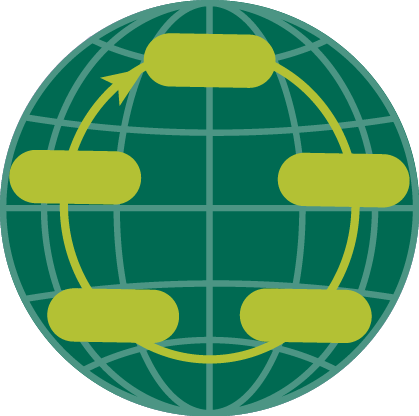This course is designed to introduce you to the basic concepts of the supply chain management of medicines and medical products, in the context of low and middle income countries' public health systems. Many of the issues of healthcare quality and safety are consequences of a poor supply chain management of medicines. It is estimated that, globally, an average 25% of the total health expenditure is spent on medicines, with poorer countries spending as much as 30%. Knowledge of the supply chain cycle of medicines and practical skills to enhance its management are important, not only for staff in leadership positions but also for health workers in general. Supply chain management activities are fundamental to any health programme performance and all personnel involved, whether it's an inventory manager in a warehouse, a pharmacist in a health facility or a procurement officer at the central medical store, must have a good understanding of the basic principles of supply chain management.
- Lead facilitator: Meseret Tadesse
Ensuring the quality of medicines is a major public health concern. The emergence of substandard and counterfeit medicines, coupled with inefficient supply chain systems, not only poses a risk of negative health outcomes but also leads to economic losses and lack of trust in the health system. To address these issues and develop evidence-based strategies, it is important that people at all levels, from policy makers to primary healthcare workers appreciate and comprehend the need for effective QA systems.
This course will introduce you to the concepts and main principles of quality assurance, and will develop further skills and knowledge in different aspects of quality assurance such as pharmaceutical regulation, pharmaco-vigilance and quality control of medicines.
- Lead facilitator: Meseret Tadesse
Power BI, an intelligence tool developed by Microsoft to help users analyze and visualize data, has been integrated on Medexis. One of its key features is its ability to create interactive visualizations such as charts, graphs, maps, and tables.
Power BI analyses the data of the Medexis instance and presents its results in a number of reports. These will help managers and decision-makers of the Ethiopia health supply chain to make informed decisions. This course offers an introduction to Power BI and the 27 reports prepared for Medexis Ethiopia.
- Lead facilitator: Meseret Tadesse
- Lead facilitator: Griet Samyn


